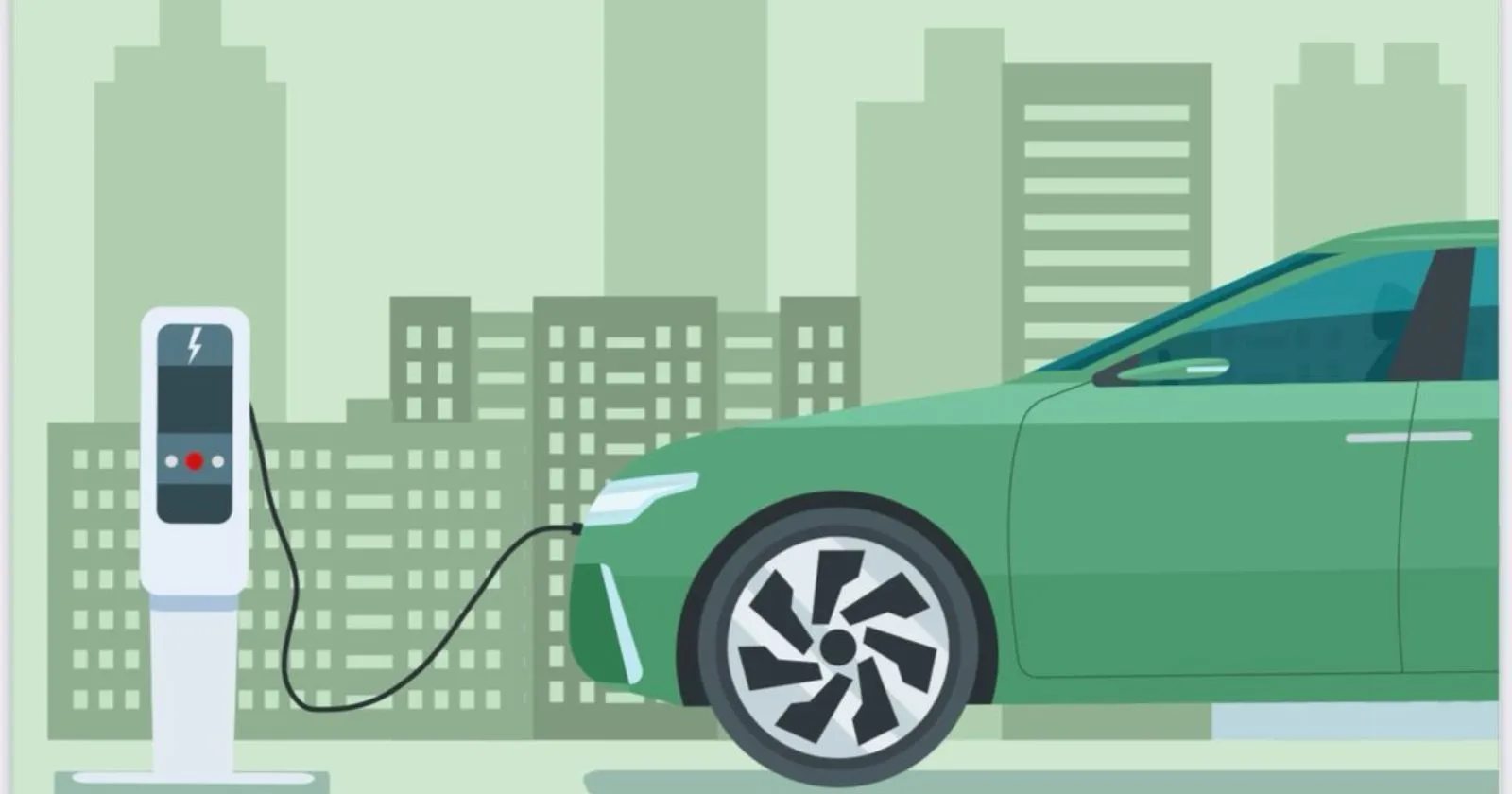
The report outlines recommendations made to expedite India's transition toward electric mobility through regulatory guidelines and implementation timelines.

Share Post

The report outlines recommendations made to expedite India's transition toward electric mobility through regulatory guidelines and implementation timelines.
Premier policy institution Niti Aayog unveiled a comprehensive blueprint, in a bid to give a push to the country's electric vehicle (EV) adoption through a structured National EV policy framework, according to a report released on Monday.
The government think tank's latest analysis, in its report titled "Unlocking a USD 200 Billion Opportunity: Electric Vehicles in India", outlines recommendations made to expedite India's transition toward electric mobility through clear regulatory guidelines and implementation timelines.
Among the key recommendations, Niti Aayog has advocated for broadening the scope of Corporate Average Fuel Efficiency (CAFE) regulations to include a larger spectrum of vehicle categories, extending beyond current coverage limitations.
The policy framework envisions setting up defiNitive targets accompanied by specific timelines, supported by a comprehensive regulatory structure that would implement EV mandates in phases across different transportation sectors.
The report also highlights the necessity of developing focused policies with clearly defined implementation schedules for zero-emission vehicle (ZEV) integration across India's transportation ecosystem.
Addressing funding challenges in commercial EV deployment, the report recommends innovative financing mechanisms for fleet electrification.
"Create a pooled fund with contributions from the public budget and multilateral development banks for providing lower-interest loans for the procurement of e-buses and e-trucks," the report said, while suggesting the development and implementation of suitable schemes to facilitate fund distribution.
Niti Aayog has emphasized transitioning toward service delivery frameworks rather than traditional asset procurement approaches, effectively converting capital expenditures into operational costs while simultaneously expanding research and development iNitiatives.
The strategy focuses on reducing battery manufacturing costs, improving energy storage density, and decreasing dependency on imported rare earth materials through enhanced domestic capabilities.
"Strategic scaling of charging infrastructure and enhancing public awareness and information systems are critical enablers," the Aayog said, highlighting the foundational requirements for successful electric vehicle adoption.
The nation has established an ambitious objective of achieving 30 per cent EV representation in total automotive sales by 2030, requiring significant acceleration in current adoption rates.
EV sales data reveals substantial growth momentum, with domestic sales expanding from 50,000 units in 2016 to 2.08 million vehicles in 2024. This growth trajectory parallels global trends, where worldwide EV sales increased from 918,000 units in 2016 to 18.78 million in 2024.
The report acknowledges that India's EV transition experienced a gradual beginning but demonstrates increasing momentum in recent years.
Analysis shows India's EV market penetration represented approximately one-fifth of global adoption rates in 2020, improving to exceed two-fifths of global penetration by 2024, indicating positive trending despite relatively measured progress.
Current data indicates India has achieved approximately 7.6 per cent EV sales penetration in 2024, substantially below the targeted 30 per cent threshold for 2030.
"Thus, it has taken nearly 10 years to reach a penetration level of 7.6 per cent and now needs to increase this share by over 22 per cent in the next 5 years alone," the report added, emphasising the scale of acceleration required.
Suzuki e-Access Now Available on Rent and Subscription in 7 Cities Across India
Acko Drive Team 3 Mar, 2026, 7:21 AM IST
Xiaomi Fully Unveils Vision Gran Turismo Concept at MWC 2026
Acko Drive Team 3 Mar, 2026, 6:57 AM IST
Simple Energy Family Electric Scooter Under Development, Patent Filed
Acko Drive Team 2 Mar, 2026, 3:56 PM IST
Harman Ready Ride Platform for Connected Bikes Launched at MWC 2026
Acko Drive Team 2 Mar, 2026, 3:01 PM IST
New Yezdi Roadster Red Wolf Edition Launched at ₹2.10 Lakh
Acko Drive Team 2 Mar, 2026, 1:06 PM IST
Looking for a new car?
We promise the best car deals and earliest delivery!
